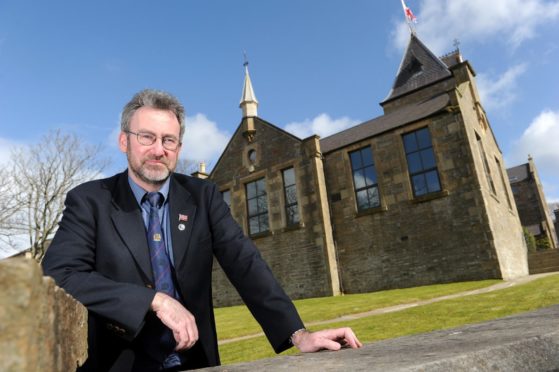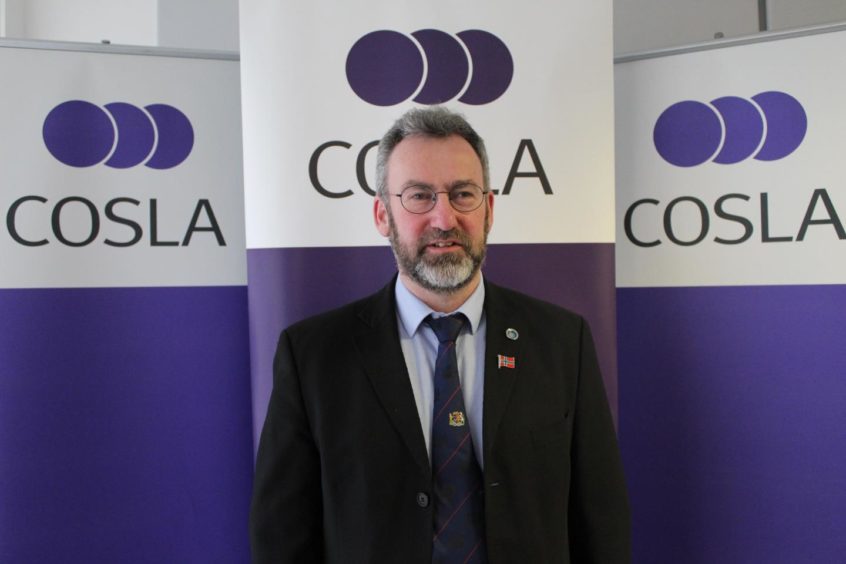The world is heating up and we are the cause.
The signal of climate change is present in the heatwaves, wildfires, floods and other weather-related events we are seeing across the globe.
Scientists having been telling us that this would happen for decades, but we are now running out of time to take the relevant steps to reduce greenhouse gas emissions sufficiently to stabilise the climate at 1.5 degrees centigrade above pre- industrial levels.
In a matter of years our chance will be gone if we do not act now.
This year all eyes will be on Glasgow for COP26 as the world gathers to determine what must be done.
The discussion at COP can seem distant from our everyday lives but what happens next will affect everything.
There is no getting away from the fact that climate change is worsened by all the small things we do each day: the food we eat, the things we buy, the way we travel and heat our homes – they all have an impact.
However, we also know with greater certainty that if we reduce emissions sufficiently this will have a positive effect on the climate.
This must give us hope.
What can local councils do to fight climate change?
You might not associate a global problem like climate change with local government, indeed, you may ask what can a council do against such a daunting problem?
The answer is that local government can help with all those choices that eventually add up to a big drop in emissions.
Local government can help keep your home warm for less; can help make public transport more available and accessible; can help make running an electric car easier; can help you reduce waste and recycle and can help support local towns and businesses so that you have shops and services closer to where you live.
More than that local government is a place to turn when global problems get too close to home.
We should take strength from the unprecedented level of cooperation between communities and local and national government, which was required to respond to the pandemic.
The response to the global climate emergency will need to build on this cooperation and sustain it for years to come.
We also need to be honest about the challenge ahead.
Whilst we have a good grasp of what needs to happen next, we do not have all the answers.
‘Hard part still to come’
What needs to be achieved over the next 25 years is without precedent.
We have made progress in reducing emissions over the last 30 years, but the hard part is still to come.
In less than a generation we need to revolutionise how we get about, how we heat our homes, how we use land and our diets and do all of this in a way which does not make inequalities in society even worse.
Impossible? No, but the only way we will achieve all this is by working together.
In these challenging times democracy and the local institutions which we have built matter even more.
Collective leadership which takes the burden off those who have contributed least to climate change will be vital, and there is no doubt we will all need to dig deep, as happened during the pandemic.
Empowered councils ‘critical’ for decarbonisation
The most difficult decisions will be made a little easier if they can be made through local agreement, and we feel this is likely to be one of local government’s biggest contribution to the fight against climate change.
Cosla will argue strongly in the run up to COP26 that the negotiators and heads of state must recognise that we are at the 11th hour and that, across the world, a strong and well-resourced local government is critical to the fair decarbonisation of our everyday lives.

